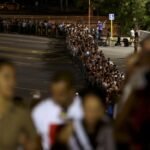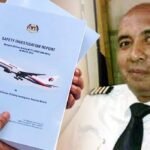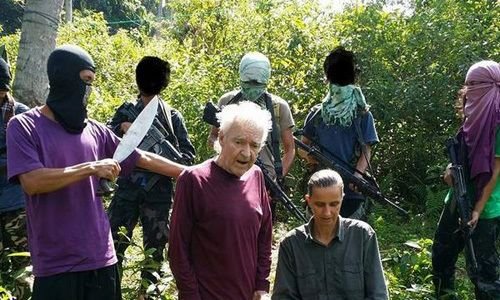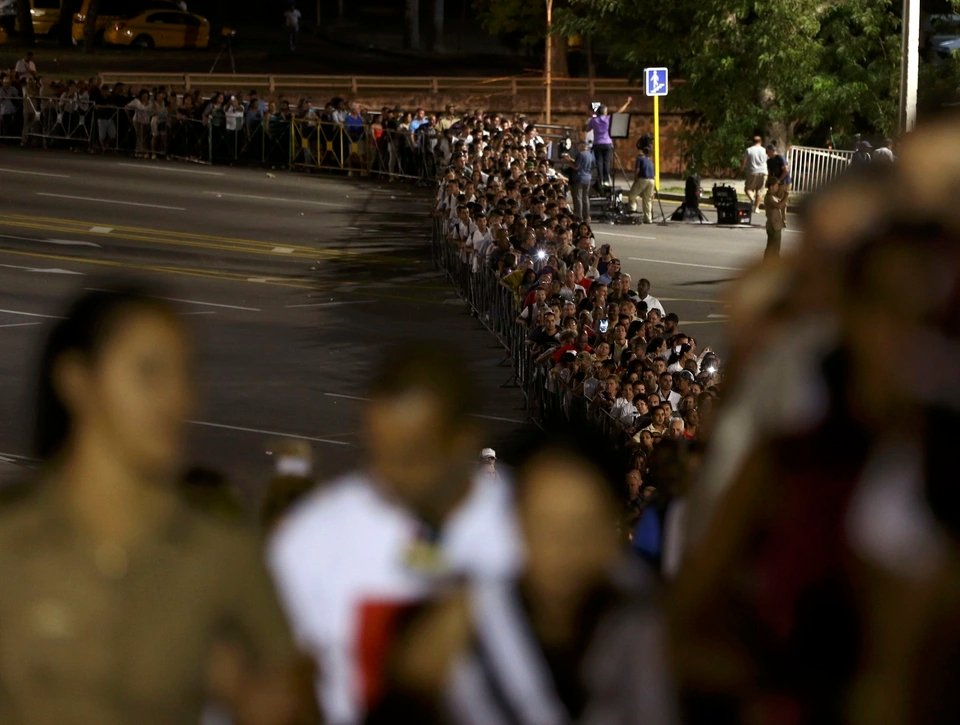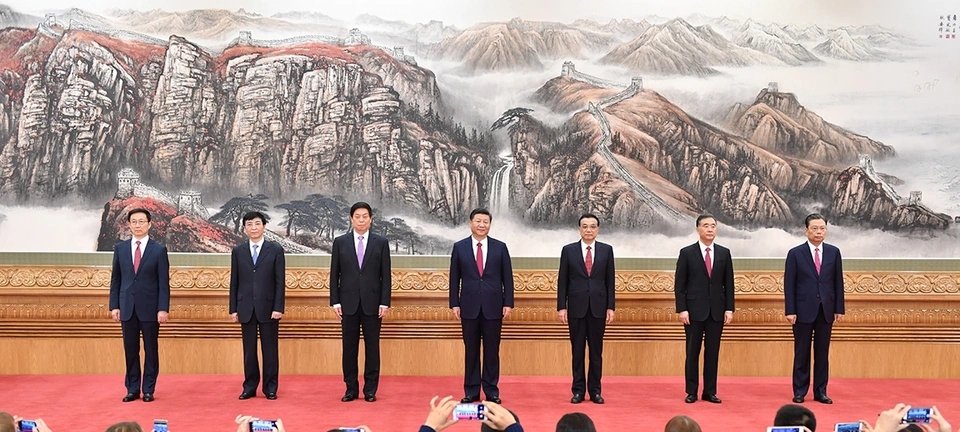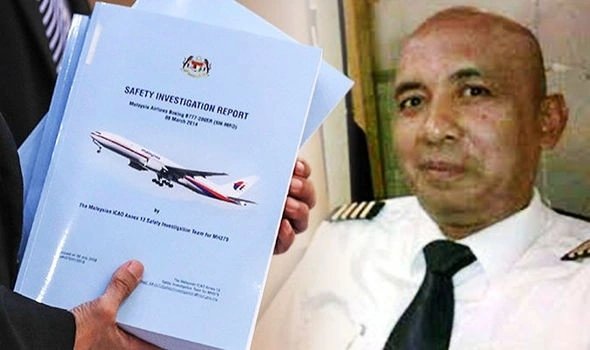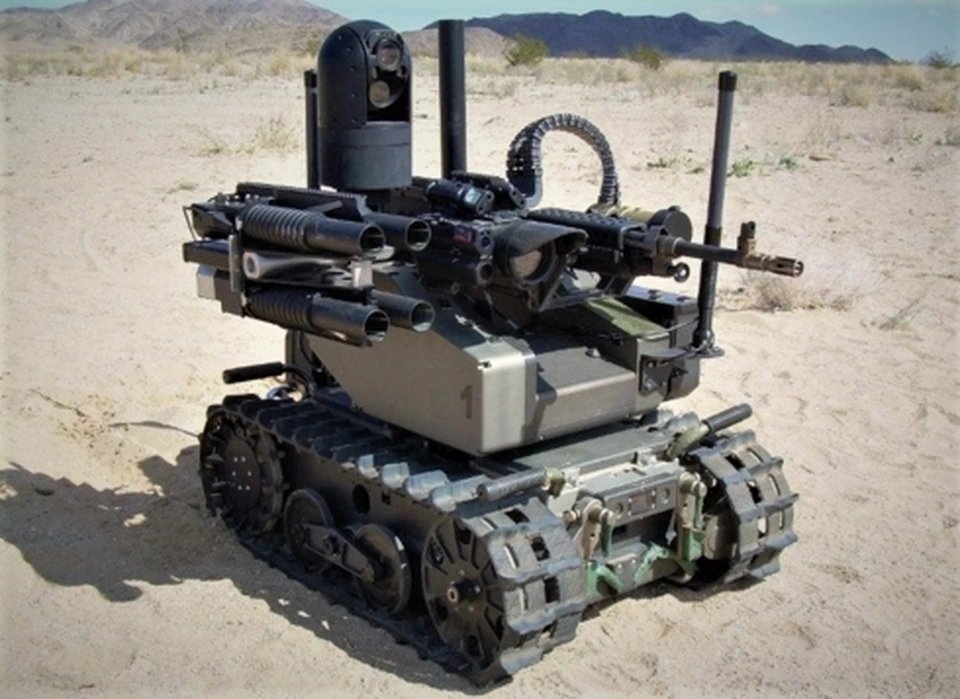Abu Sayyaf rebels threaten two foreign hostages.
In the latest issue of Dabiq propaganda magazine, the self-proclaimed Islamic State (IS) group threatened that the Philippines, Indonesia, and Malaysia would be three of the group’s next attack targets.
This threat has fueled concerns about IS’s influence in Southeast Asia.
IS mentioned the battle that took place on Basilan Island, Philippines, on April 9, between the Armed Forces of the Philippines (AFP) and the group led by Isnilon Hapilon.
Meanwhile, the Philippine military said that 18 of its soldiers were killed and 53 wounded, and that 28 rebels were killed.
Rohan Gunaratna, an expert on political violence and terrorism at the S. Rajaratnam School of International Studies in Singapore, wrote in Eurasia Review that Hapilon is the former deputy leader of the Abu Sayyaf group (ASG) and is now the default leader.
Gunaratna said that the 125 people led by Hapilon proved they could hold ground and fight the AFP.
The rise of IS in the Philippines
IS is increasing its influence and strength in northern, southern and western Mindanao in the Philippines.
In southern Mindanao, the Ansar Khilafa Mindanao group fought with the AFP and carried out IS-like beheadings.
The most notable IS presence in the Philippines is Hapilon’s group based in Basilan, made up of former ASG members.
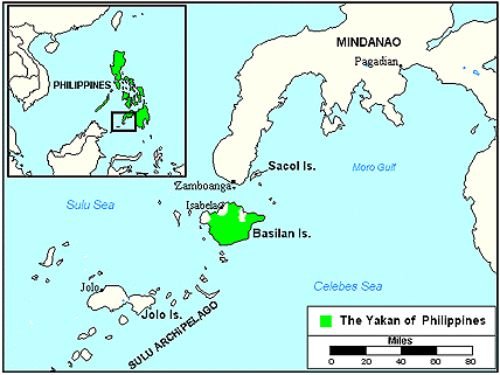
Location of Basilan.
AFP’s April 9 operation aimed to attack Al Barka, the `den` of IS, free foreign hostages and kill or capture Hapilon – who is wanted by the US with a reward of 5 million USD.
The AFP is supported by the Moro Islamic Liberation Front (MILF), which has maintained a ceasefire agreement with the government since March 2014.
The MILF informed AFP that the IS base was located 5 km from the MILF community in Sitio Bohe in the village of Macalang.
Julie S. Alipala, author of the article `Hell in Basilan: Landmines followed by gunfire everywhere`, April 10 in Inquirer, emphasized that the Philippine military was not fully prepared to confront IS
According to Reuters, security experts also believe that the Philippine military has repeatedly underestimated the rebels’ potential.
As IS establishes control and training facilities in the Philippines, the fight against IS requires a higher level of commitment and leadership.
Expert Gunaratnan believes that the AFP Task Force Commander should move to Basilan and station troops in the Sulu archipelago until all groups pledging allegiance to IS are eliminated, the leaders of these groups are captured or
Otherwise, IS will gradually spread its influence and strengthen its power.
According to Gunaratna, if the Philippines is determined to prevent the rise of IS in the country and curb the group’s influence in Southeast Asia, Manila should take this threat seriously.
